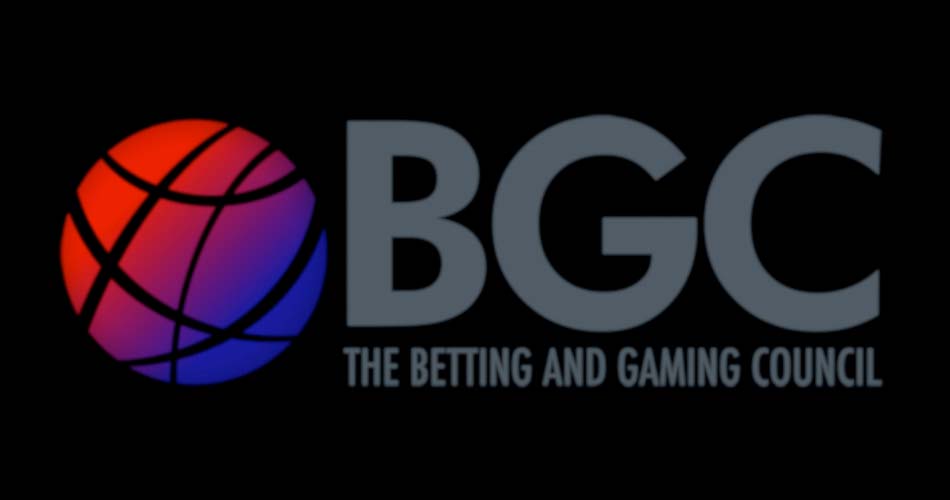Betting And Gaming Council Criticises Peers For Gambling Reform Report

The Betting and Gaming Council (BGC) has criticised a new report compiled for the Peers for Gambling Reform group.
The report, which was carried out by NERA Economic Consulting, analysed the benefits of the gambling industry reforms proposed by the House of Lords group in its Gambling Harm – Time For Action July 2020 report. The Time For Action report called for an overhaul of gambling regulation and focused on five main areas, and the NERA report claims that the proposed reforms could reduce the industry’s overall profits and lead to an increase in tax revenue and funding for the research, education and treatment of gambling addiction.
The report states that implementing limits on slot stakes would, based on a 2017 analysis of slot stakes, reduce the amounts wagered by customers. A £5 slot stake limit would reportedly reduce wagered amounts by 14%, a £2 limit would reduce the amount wagered by 23%, and a £1 slot wager limit would cut wagered amounts by 36%. However, the NERA report does not take into consideration other factors, such as customers playing for longer or altering their wagers.
In addition, the NERA report claimed that gross gambling yield for online casino and betting would decline if enhanced due diligence checks are imposed on players. It also claimed that a mandatory levy on the gambling industry would increase funding for the research, education and treatment (RET) of gambling addiction.
The NERA report touched on the Peers for Gambling Reform group’s proposal for the regulation of video game loot boxes as gambling, suggesting that the estimated cost of doing so would be around £20 million per year. The report also claimed that banning football gambling sponsorships would lead to major revenue loss across the entire football industry.
As reported by GamblingInsider, the reforms would reportedly save taxpayers between £68million and £87 million, while creating up to 30,000 new jobs and increasing employee earnings by up to £400 million.
The Betting And Gaming Council’s Response
Betting and Gaming Council (BGC) Chief Executive Michael Dugher responded to the report via a statement issued to PoliticsHome. In the statement, Dugher praised the Government’s review of the Gambling Act 2005, but criticised the report and described its predictions as “fantasy figures”.
He said: “We welcome the Government’s Gambling Review and we are confident that Ministers will make sensible decisions for the future that are based on serious evidence, rather than the fantasy figures contained in this report. We [are] 100 per cent committed to change and we hope that the White Paper will lead to a package of reforms that continue recent significant improvements in safer gambling.
“The dream of anti-gambling prohibitionists has always been to somehow force people not to gamble or to gamble less, just because they don’t like betting. A minority of peers may look down their noses at the millions of working people who enjoy a bet, but the truth is that the overwhelming majority do so perfectly safely. And the idea that somehow restricting betting would create more jobs is economically daft and frankly for the birds. This is the theory that if you closed the betting shops there would somehow be a boom in the sale of scented candles.”
Dugher then reiterated how much BGC members contribute to the UK, saying: “An authoritative report earlier this year by EY found that BGC members alone support 118,000 jobs, generates £4.5 billion in tax to the Treasury and contributed £7.7 billion for the UK economy in gross value added in 2019. This contribution will be vital as the Government tries to repair the nation’s finances in the wake of the pandemic.”
The BGC Chief Executive then explained that the support BGC members provide to the sporting industry has helped the industry tremendously, and then warned that a ban on sponsorships would push people towards the “black market”. He also highlighted how BGC members spend £100 million on the research, education and treatment of problem gambling.
Dugher ended the statement by warning once again of the dangers of the overseas unregulated market, saying: “If people were restricted from betting in the regulated industry, they would simply migrate to the growing unlicensed, unsafe black market online that employs no one, pays no tax, and contributes nothing to UK plc.”
The Overseas Unregulated Gambling Market
The Betting and Gaming Council’s response to the Peers for Gambling Reform group’s report echoes previous concerns the organisation has spoken on. Back in January 2021 and in another piece for PolitcsHome, Dugher warned that the unregulated overseas gambling market is unsafe as it doesn’t comply with UK legislation, such as ID and age verification, and rules against allowing minors to gamble.
In the same month, the UK Gambling Commission issued a statement criticising the “exaggerated” concerns of the illegal online gambling black market, following the release of a PwC report that claimed that 10% of all gambling-related online searches in the UK were for illegal black market websites.
The concerns were raised just as the UK Government launched a call for evidence for its review of the Gambling Act 2005. The call for evidence period has since ended, and the Government’s Department for Digital, Culture, Media & Sport (DCMS) is in the process of reviewing current legislation.
Recent reports have suggested that the review will look into gambling sports sponsorships and reforming the UK Gambling Commission’s duties and its powers, particularly due to the recent controversy surrounding the collapse of gambling website Football Index, rather than implementing additional affordability and verification checks on players in the United Kingdom.